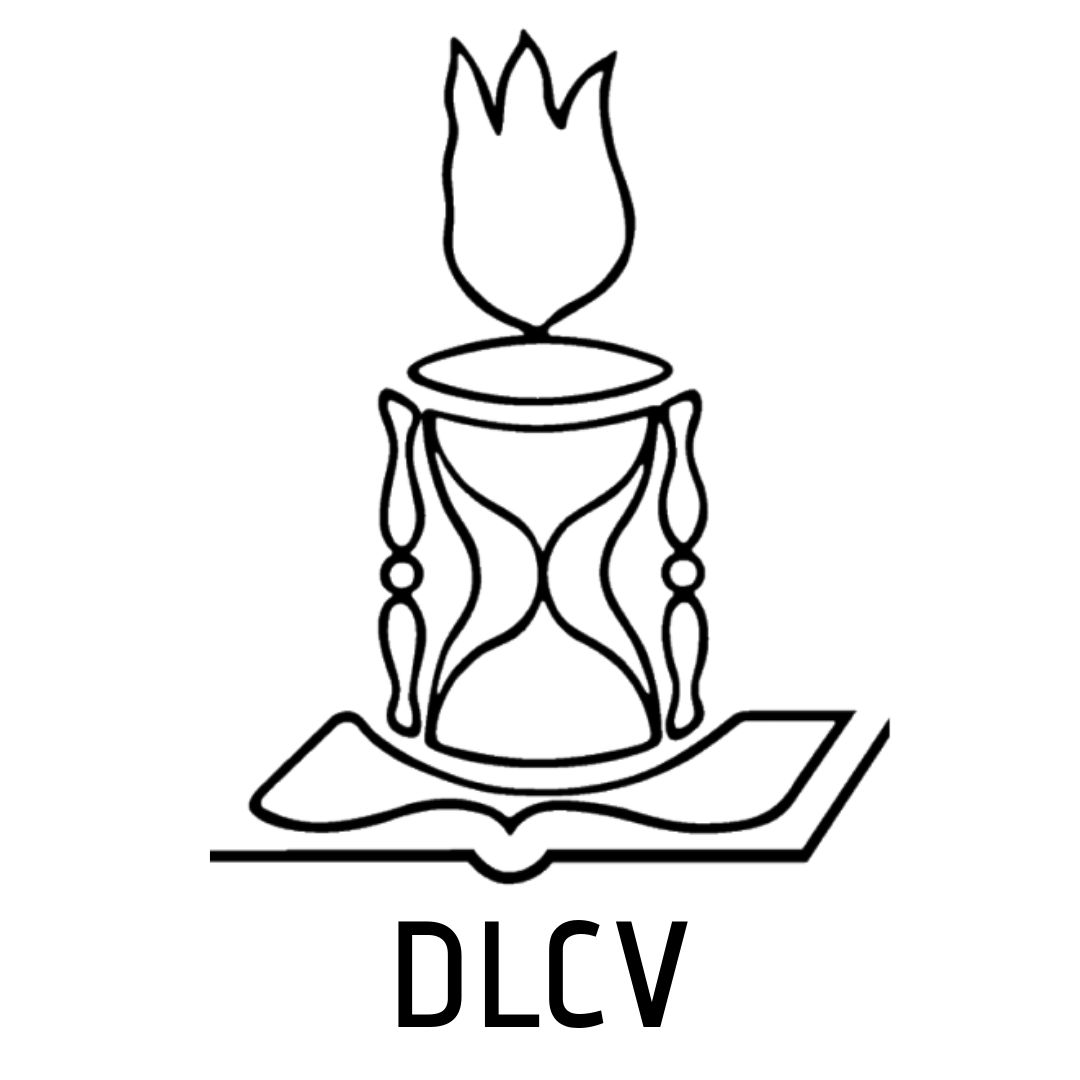Mission and goals
The Post-Graduate Program in Philology and Portuguese Language at the University of São Paulo has as its mission the development of scientific knowledge in the fields of Language Sciences and Philology, directed both to the theoretical and methodological evolution of its different sub-areas as to the application of this knowledge. in addressing Brazilian social and educational issues.
Established in 1971, the Program celebrates it's 50th anniversary in 2021. The accomplishment of the Program's mission in these five decades is concretized in the formation of generations of researchers spread throughout Brazil, and in the strong impact of our research on basic education in the country.
Since its first degree, held in 1980, the Program has trained three generations of linguists and philologists, who today work in important graduate programs in Letters in the most different regions of the Country (and even, more recently, abroad). These researchers have conducted and are conducting investigations in different sub-areas and theoretical lines of linguistics and philology, advancing knowledge around the grammar, lexicon, discursive functioning and historical trajectory of the Portuguese language, contemplating both the universe of writing and orality .
The Program also has a long tradition in the application of scientific knowledge to face Brazilian social and educational problems, through its remarkable performance in the interface with Basic Education. This interface materializes in several dimensions of the Program's operation - in particular, in the transdisciplinary research on grammatical, textual and discursive procedures in the school context, in the recognized performance of its teachers in the elaboration of didactic materials widely adopted around Brazil and in the emphasis given by the Program in the continuing education of teacher-researchers working in the public and private basic education networks.
Thus, the performance of the Program in the two founding dimensions of its mission - scientific advancement and addressing social and educational issues - can be assessed comprehensively, thanks to the long time horizon of its operation.
Today, on the eve of its 50th anniversary, the Program is ready to inaugurate a new cycle, in which its mission gains more contemporary outlines.
The increase in concern about the social impact of the research carried out in the Program has been notable in recent years. This is revealed, in the philological axis, by the intensification of research on the border between philology and computing, and by the expansion of research at the interface between philology and the institutions of curation of memory; and on the linguistic axis, by expanding knowledge exchange with Portuguese-speaking countries in Africa and Asia, by intensifying interdisciplinary research (for example, on the border with the medical field, with research in the field of cognition), and by intensifying research focused on argumentation and rhetoric in the field of political discourse and in the social media environment.
The Program's focus today is on the articulation between the two founding elements of its mission (scientific development and addressing social issues) in the face of contemporary challenges - in particular, the expansion of internationalization, the acceleration of technological development, and the consolidation multidisciplinarity.
We expect that, following the example of the three generations of researchers trained since its foundation, the next generations of graduates of the Program will be prepared to advance scientific knowledge and to act in society in line with the challenges of their time.











